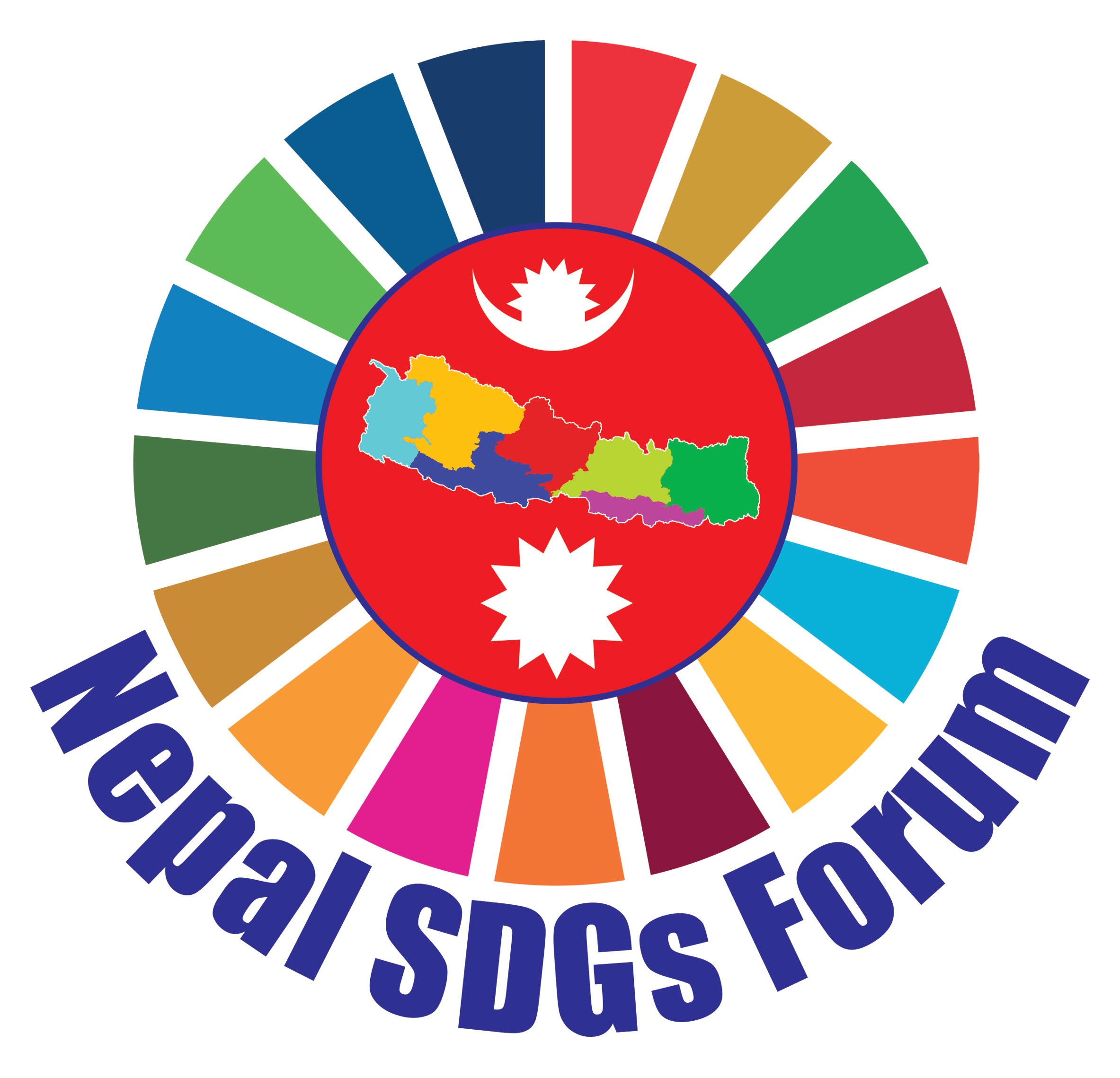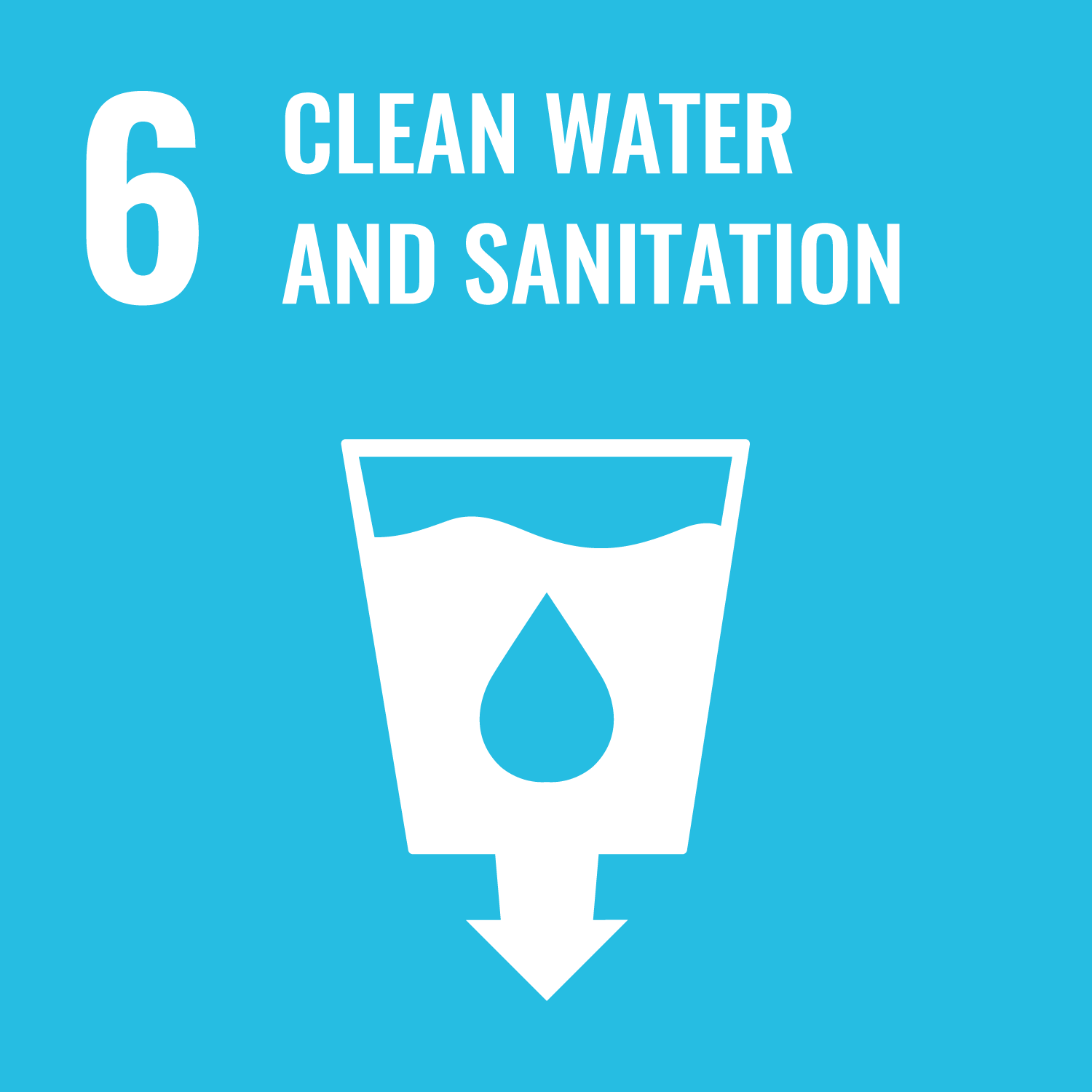WASH data required to achieve SDG 6 in true sense
A group of concerned stakeholders joined an interaction program On October 16, 2020 on ‘SDGS and WASH statistics in Nepal’ to discuss and figure out the status, gaps and challenges of Nepal in achieving SDG 6.
The program started with the welcome speech by president of Federation of Drinking Water and Sanitation Users in Nepal (FEDWASUN), Rajendra Aryal. President Aryal said that it is important to assess the status of water management and water quality. He further emphasized that having access to water would only be meaningful if quality water is provided.
In the program, a member of National Planning Commission (NPC), Dr. Usha Jha highlighted on localization of SDGs informing that NPC has allocated more budget on SDGs’s localization. Jha stressed that whoever is working on SDGs must prioritize it at local level because the real impact would be visible at grassroots level.
Many activities have been done in the sector of water and sanitation, but still we lack follow up on those activities, Jha further stressed. She said that it is necessary to ensure quality water rather than number of distributed water taps. Also, Jha talked about ensuring meaningful data which would be helpful while making further plans for the improvement of water and sanitation sector.
President of NGO Federation of Nepal, Jitram Lama expressed his disappointment regarding implementation of SDGs. He stressed that despite having many indicators, it is necessary to identify important indicator and localize accordingly. President Lama also mentioned about SDGs localization problem and he also emphasized problems related to data management.
Meanwhile, Director of National Planning Commission, Mahesh Kharel focused his presentation on National SDG framework for WASH. He mentioned about drinking water and sanitation in the Fifteenth Periodic Plan and SDGs. Kharel highlighted about indicators of the Fifteenth Plan, indicators of SDGs, Statistics System in the Fifteenth Plan and activities of the statistics system related to the SDG 6.
Director at the Gender and Social Statistics Section of Central Bureau of Statistics, Suresh Basnyat emphasized his presentation on ‘Recent initiative for wash data in CBS and scope in the national population census 2021’.
Govinda Shrestha, Policy Specialist at WaterAid, focused his presentation on ‘Localization of WASH target indicators and data’ on SDGs. He also talked about the missing indicator of SDG 6. Likewise, another presentation was on ‘Information management system to track progress on SDG commitments’ by Senior Divisional Engineer, Department of Water Supply and Sewerage Management, Rajit Ojha, and Engineer of the Ministry of Water Supply, Madhu Sudhan Khanal.
Joint Secretary of the Ministry of Water Supply, Rama Kanta Duwadi said that it is necessary to assess our status regarding implementation of SDGs in terms of indicators. He also focused that SDGs 6.1 and 6.2 are relevant to Nepal which must be kept under priority. Similarly, in the program, Nebin Lal Shrestha, Director General-Central Bureau of Statistics, focused on importance of statistics that would be helpful in planning and implementing the programs.
Likewise, Country Director of WaterAid Nepal, Tripti Rai focused her remarks to segregate the important part under water and sanitation. She further stressed that after being specific only it is possible to achieve the desired goal.
In the program, WASH Chief of UNICEF, Tameez Ahmad said that Nepal government should prioritize SDGs indicators that are relevant to Nepal and work accordingly.
President of NFN, Jitram Lama facilitated the program. It was jointly organized by NGO Federation of Nepal, WaterAid Nepal, Ministry of Water Supply, and FEDWASN. The participants represented government agencies, UN and civil society.
.png)

